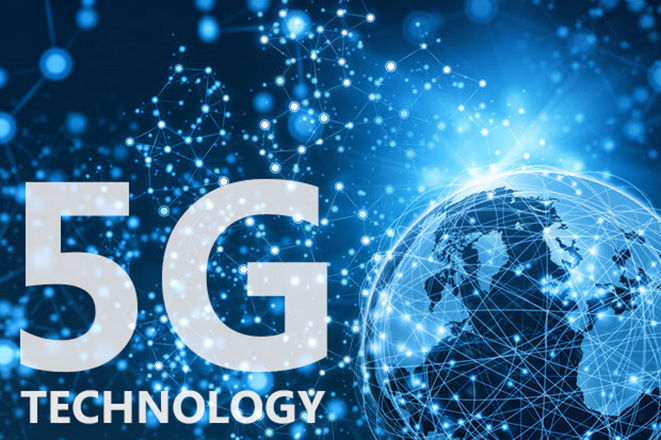Tube Rank: Your Guide to Video Success
Discover tips and insights for optimizing your video presence.
5G: The Speedy Revolution You Didn't See Coming
Uncover the 5G revolution! Discover how this game-changing technology is transforming our world faster than you can imagine.
Understanding 5G: How It Works and Why It Matters
5G is the fifth generation of mobile network technology, following its predecessors: 2G, 3G, and 4G. It is built on advanced technologies that include millimeter waves, small cell networks, and massive MIMO (Multiple Input Multiple Output). 5G operates on higher frequency bands, which enables it to transmit more data at faster speeds than ever before. This increased speed and capacity are crucial as it allows for real-time communication between devices, paving the way for innovations such as smart cities, autonomous vehicles, and advanced IoT (Internet of Things) applications.
The significance of 5G extends beyond just faster download and upload speeds. One of its most compelling features is its reduced latency—essentially the time it takes for data to travel from its source to its destination. With 5G, latency can drop to as low as 1 millisecond, which is essential for applications that require immediate feedback, such as remote surgery or real-time gaming. As we move deeper into the digital age, understanding 5G becomes paramount, as it will not only enhance personal connectivity but also vastly improve industries ranging from healthcare to entertainment.

Is 5G Safe? Debunking Common Myths and Concerns
The introduction of 5G technology has sparked a myriad of discussions and concerns regarding its safety and potential health impacts. One prevalent myth is that 5G poses a greater health risk than previous cellular technologies due to its higher frequency. However, research conducted by leading health organizations, including the World Health Organization (WHO), has consistently shown that the radiofrequency electromagnetic fields produced by 5G are well below the limits established by international guidelines. In fact, both 4G and 5G technologies operate within safe emission levels, making the general consensus among experts that there is no substantial evidence to suggest that 5G is unsafe for human health.
Another common worry is that the rollout of 5G technology could contribute to increasing levels of radiation exposure. It is essential to understand that all wireless technologies emit non-ionizing radiation, which is quite different from ionizing radiation such as X-rays or UV radiation. According to scientific evaluations, non-ionizing radiation at the levels emitted by 5G networks does not have sufficient energy to cause direct harm to human DNA or tissues. To address these concerns, many regulatory bodies around the world have affirmed that 5G is safe for public use, urging individuals to rely on credible scientific data rather than unfounded fears when evaluating the technology's impacts on health.
The Future of Connectivity: What 5G Means for Businesses and Consumers
The advent of 5G technology represents a significant leap forward in connectivity, radically transforming how businesses operate and how consumers interact with technology. With lightning-fast download speeds and ultra-reliable low-latency connections, 5G enables an array of applications that were previously unimaginable. For businesses, this means enhanced efficiency and productivity through seamless communication and real-time data sharing. From smart factories utilizing the Internet of Things (IoT) to remote work solutions powered by high-speed internet, 5G unlocks a realm of possibilities that can drive innovation and competitive advantage.
For consumers, 5G not only elevates the standard of mobile connectivity but also enriches their daily experiences. Imagine a world where virtual reality gaming is no longer limited by buffering or connectivity issues, where autonomous vehicles can communicate in real time to improve safety, and where instant streaming of high-definition content becomes the norm. As 5G networks continue to roll out globally, the implications for both businesses and consumers are profound. The shift towards a more interconnected ecosystem will pave the way for smarter cities, enhanced digital services, and ultimately, a more integrated lifestyle.